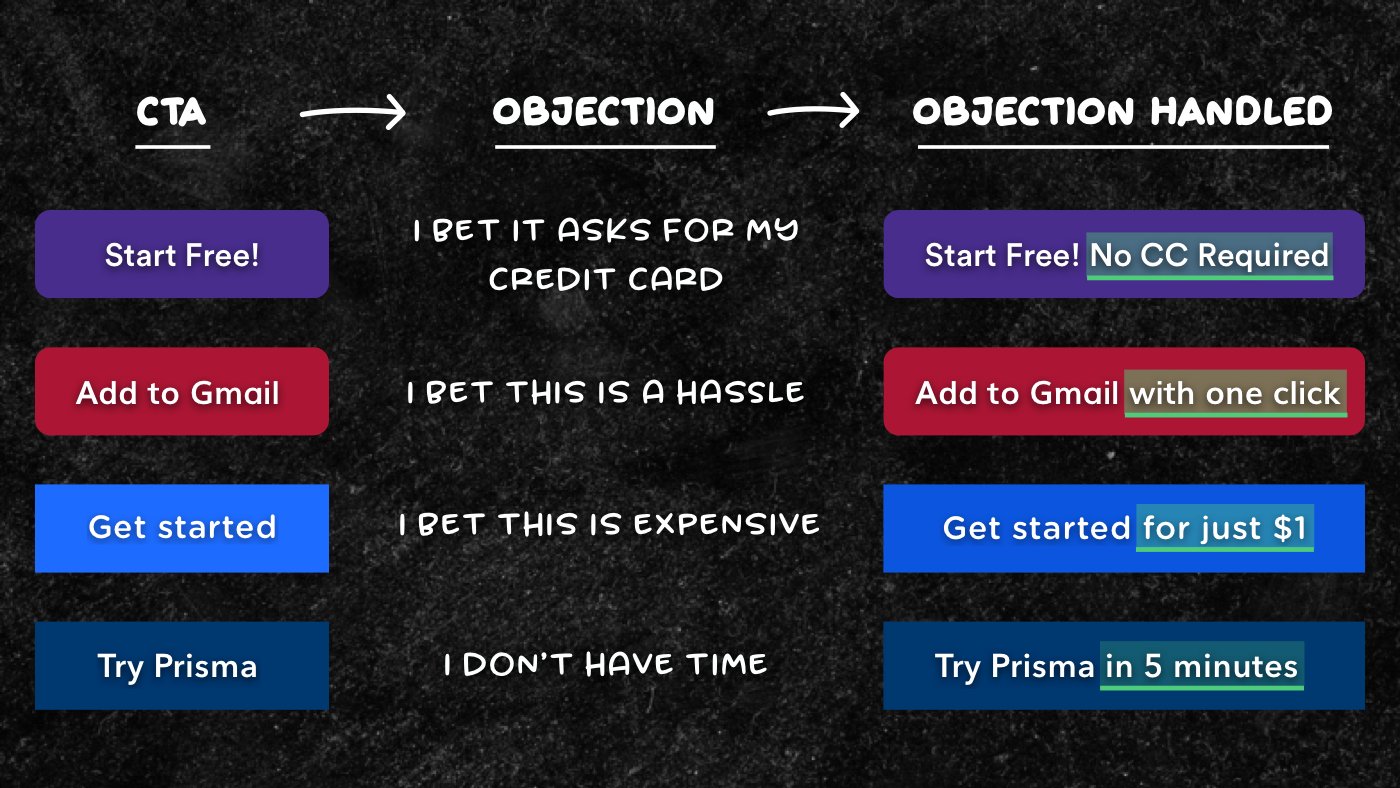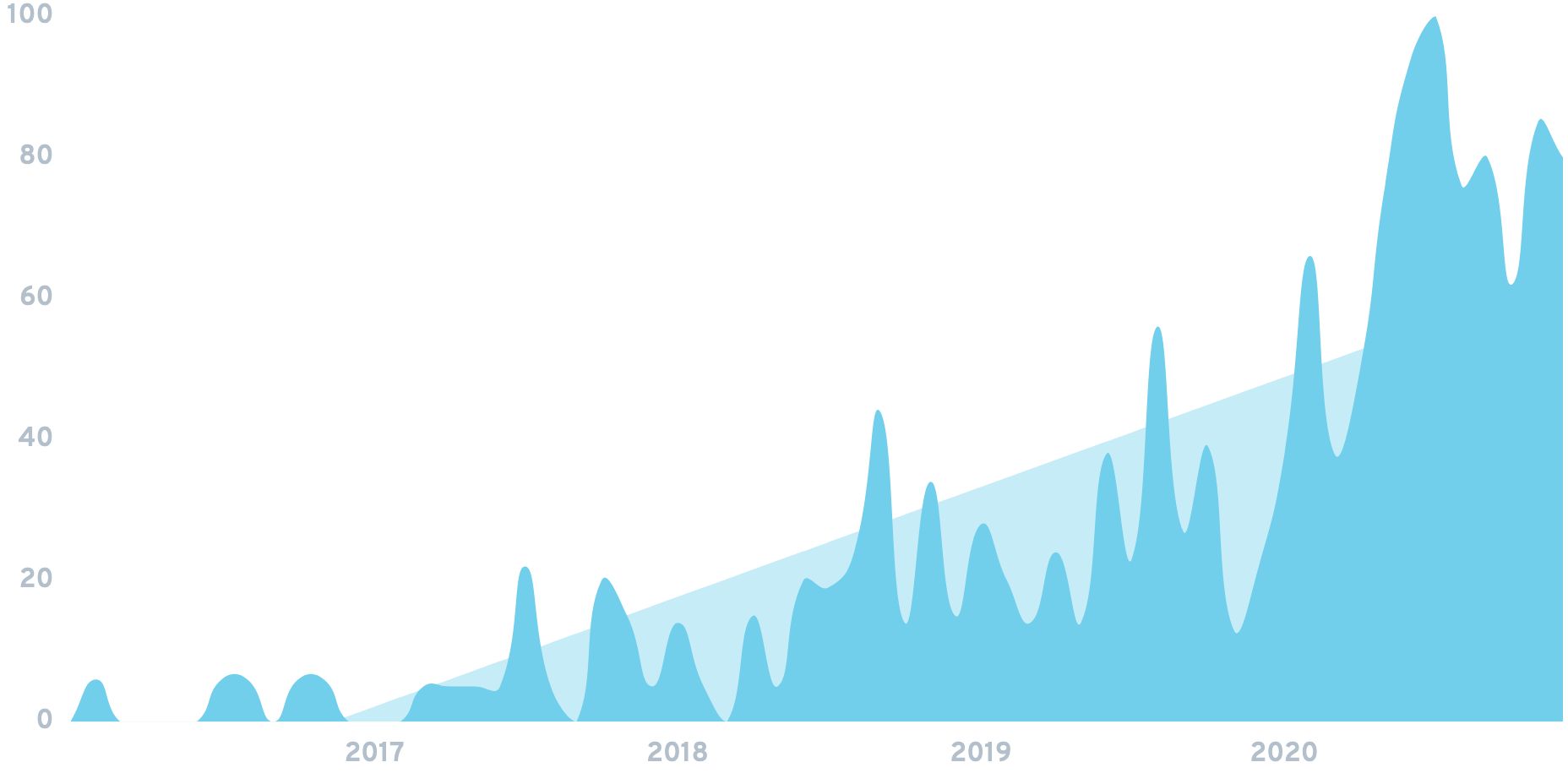|
2020 was packed with new startup trends: - [No-code made a name](https://www.indiehackers.com/post/no-code-founders-are-on-the-rise-are-they-making-money-15da743dc3) for itself - [Online community businesses](https://www.indiehackers.com/post/communi
Newsletter products were 2020's biggest startup trend
2020 was packed with new startup trends:
But for my money, the rise of newsletter businesses took the cake. Free and paid newsletters saw a massive spike across the board in the indie hackers community.
One of the biggest successes in the paid newsletter industry? Morning Brew, which made over $20 million in revenue in 2020.
So below, we'll end the year right by diving into some growth insights shared by Morning Brew's co-founder.
Here's what you'll find in this issue:
-
Newsletters were everything in 2020. Learn how one of the most profitable newsletters grew 10x this year.
-
Short videos will be a major format on all social media platforms next year. Here's how you can take advantage.
-
Marketing expert Harry Dry gives you a quick tip for increasing conversions on just about any call-to-action.
-
Google is making big changes to its search results page. Will this affect your SEO strategy?
As always, you can submit a section for us to include in a future newsletter. —Channing
📈 Two Growth Insights From the Founder of Morning Brew

from Courtland's Newsletter by Courtland Allen
Morning Brew is a very impressive newsletter business:
- 3 million subscribers total across 5 newsletters (4 business, 1 lifestyle)
- 2.5 million subscribers on their biggest newsletter
- made over $20 million in revenue in 2020
- $6 million of that is profit
- 2 founders and about 60 employees
Austin, one of the co-founders, is one of my favorite follows on Twitter, because he likes to share numbers and learnings. (Lots of people with newsletters like to share numbers, actually.)
Same, Meet Same
A couple days ago, Austin had a really good thread about two insights that helped them grow 10x in a single year.
Here's the first:


If you're building an X, find users from other X's. Simple.
Lots of people I've had on the Indie Hackers podcast have noticed this. For example, while running his growth agency, Julian Shapiro learned the secret to doing well on Kickstarter is to advertise to an audience of people who've bought on Kickstarter before.
This is also why you often see similar restaurants near each other. Would you rather build your coffee shop across the street from another coffee shop, or across the street from a clothing store? It's unintuitive, but I'd pick coffee shop, because I want to reach people who obviously love coffee.
I'm early! Now what?
There's also a hidden insight in Austin's follow-up tweets:



Just because you're early to a market doesn't mean you win. We can all name a handful of first movers who got crushed by the competition.
You need a playbook for how to take advantage of being early. Austin's was:
- Recognize you're early, otherwise you won't take action. This is surprisingly hard to do. We can see the past but not the future, so we often assume we're late because "look at all the companies already doing this!" But you know you're early when there aren't a ton of people selling you books about how they made it big doing what you're trying to do. I'm only half joking.
- Dive into competitive marketing channels. Usually this would be horrible advice. But being early means less competition means competitive channels are as good as they'll get. Think advertising, SEO, app stores — anything where there's limited real estate people are competing for.
- Create the channels you want to see in the world. That looks like reaching out and educating people with big audiences. For example, the first to do influencer marketing had to pitch influencers on this new idea they'd never heard of.
I've shared a few other takeaways in the full post. But here's the bottom line: You don't have to be crazy insightful to do what Morning Brew did here. You just have to keep your ear to the ground.
Discuss this story, or subscribe to Courtland's Newsletter for more.
📰 In the News
💡 Daniel Vassallo got 400 paid newsletter subscribers in 24 hours. He made headlines two years ago after leaving a $500k salary at Amazon to go indie.
💃 The New York Times wrote a feature story on an indie hacker, which nearly doubled her newsletter subscribers. Get the backstory.
✋ TikTok became the first social media platform to ban multi-level marketing. See what indie hackers are saying about the move.
🍎 More indie hackers are building mobile apps on the Apple App Store now that the tech giant's dropped its fee from 30% to 15%.
📊 In 2021, Video "Stories" Will Be Universal on Social Media

from the User Acquisition Channels newsletter by Darko G.
Question: What's the one thing Pinterest, YouTube, LinkedIn, Twitter, Reddit, and Google have in common?
Answer: Over the past four months, they've all launched their own Instagram story-like feature as part of their main product:
-
September 14th: YouTube announced "YouTube Shorts for 15-Second Videos"
-
September 23th: Pinterest debuted Story Pins in Beta
-
September 24th: LinkedIn launched LinkedIn Stories
-
October 7th: Google introduced Web Stories, a format created by Google that brings the experience of stories to the open Web.
-
November 17th: Twitter announced "Fleets", disappearing 24-hour-long tweets
-
December 13th: Reddit acquired Dubsmash, a short-form video platform. Reddit also announced they plan to integrate Dubmash tightly in their platform in the near future.
In addition, these platforms are actively working towards giving short video more exposure.
More Exposure for Stories in 2021
On December 29th, Google announced they're about to make short-form videos more discoverable in their search app.
I know what you're thinking: "Can ads run on stories?"
Affirmative. On the same day in early December, LinkedIn introduced a beta version of LinkedIn Stories Ads and Google announced the launch of Web Stories Ads.
Expect Twitter to follow soon. These social networks are actively pushing short-form content so more of their users can see and engage with it.
What This Means For You
If you're familiar with the law of shitty clickthroughs, you'll know that each acquisition channel strategy declines over time:
There is one thing you can do about this: Keep an eye on new channels so that you can be the first to reap the benefits in case that channel takes off.
This was a key insight for the founders of Morning Brew as they grew 10x in one year. And it could be key to unlocking your growth as well.
Discuss this story, or subscribe to User Acquisition Channels for more.
🧠 Harry's Growth Tip

from the Marketing Examples newsletter by Harry Dry
Simple CTA trick.
Add a few words to your button to handle the user's biggest objection to clicking.

Go here for more more short, sweet, practical marketing tips.
Discuss this story, or subscribe to Marketing Examples for more.
🧨 Google is Changing Its Search Results Page

from the Exploding Topics newsletter by Josh Howarth
Fewer people are clicking on Google's organic results than ever before, according to Sparktoro data. Instead, they largely find an answer to their query directly from a search engine results page (SERP) feature.
SERP features are any elements of Google search results beyond the traditional "10 blue links." Common SERP features include featured snippets, knowledge panels, Google Ad results, and top stories.
And a recent industry study found that 97.6% of Google results contain at least one of these features.

Google has publicly announced that one of their goals for the next 20 years is to "shift from answers to journeys." And SERP features are only one of many ways that Google is transitioning from a search engine to a discovery engine.
Some other features and products they've rolled out to support this initiative:
Check out the full post to see this week's other exploding topics. And join Exploding Topics Pro to see trends 6+ months before they take off.
Discuss this story, or subscribe to Exploding Topics for more.
🐦 The Tweetmaster's Pick

by Tweetmaster Flex
I post the tweets indie hackers share the most. Here's 2020's final pick:

🎆 Happy New Year!
Enjoy this newsletter? Forward it to a friend, and let them know they can subscribe here.
Also, you can submit a section for us to include in a future newsletter.
Special thanks to Nathalie Zwimpfer for the illustrations, and to Courtland Allen, Pete Codes, Darko G., Harry Dry, and Josh Howarth for contributing posts to this issue. —Channing
|












